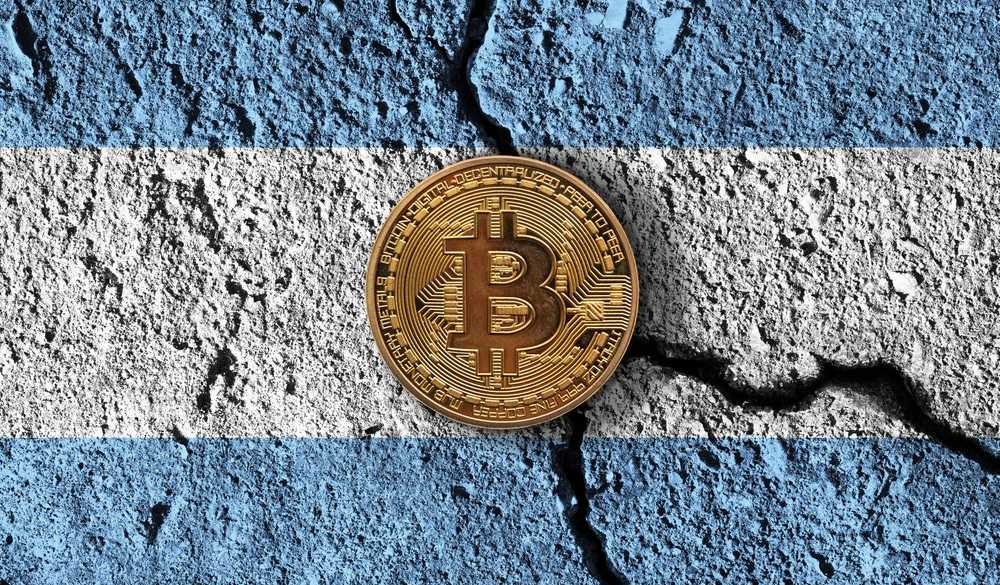Argentina’s central bank has banned financial institutions from providing crypto trading services to clients.
The bank said in a statement today that financial entities would be barred from carrying out operations with digital assets not “regulated by national authority and authorized by the Central Bank of the Argentine Republic (BCRA).”
This is effectively a blanket ban on crypto trading, at least for now, given that no assets are regulated or approved by Argentina’s central bank and therefore no one can provide such services.
Rather than crypto, the BCRA said that the activity of financial entities should be focused on financing investments, production, marketing, and consumption of goods and services by both domestic demand and export.
“The different actors involved in the operations with these assets may not be established in the country, which could generate departures from the general regulations,” the BCRA said.
 Image via Shutterstock
Image via ShutterstockOn May 20, 2021, about 2 days after Bitcoin and the crypto markets went through one of the most dramatic market corrections in history, the BCRA issued an official warning about cryptocurrency to the people of Argentina.
In the statement, the bank said:
“Crypto assets present risks and challenges for their users, investors and for the financial system as a whole. In recent years, the proliferation of crypto assets, the dynamics exhibited by their prices, their underlying technology and global reach, as well as the activities associated with their operations, have led different national and international organizations to issue recommendations in this regard.”
The BCRA also stressed that cryptocurrencies were “not legal tender,” had high volatility, a lack of safeguards, and a series of other criticisms.
“Due to its easy access, its global scope and the limited capacity that exists for its monitoring and analysis -due to limited traceability based on the underlying technology, it is necessary to alert about the potential risks associated with non-compliance with international standards in terms of prevention, of money laundering and financing of terrorism and with respect to current exchange regulations,” the bank said.
Just like in May of last year, Argentina’s anti-crypto move comes in the middle of a massive corrective event, with Bitcoin dumping 12% in 24 hours, triggering nearly $700 million in liquidations according to CoinGlass.
Disclaimer: These are the writer’s opinions and should not be considered investment advice. Readers should do their own research.

